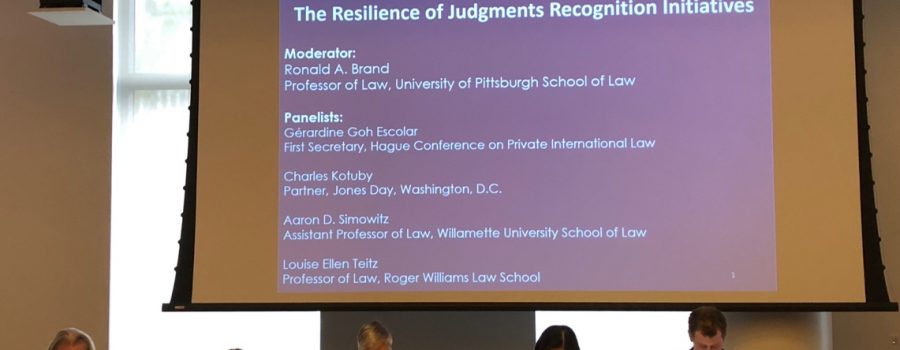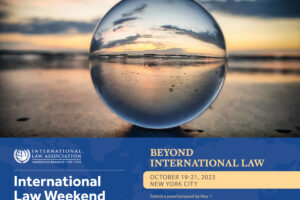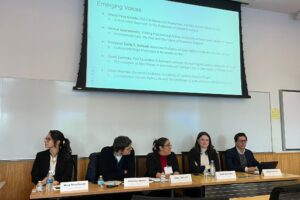The Resilience of Judgments Recognition Initiatives
By: Ivan-Axel Doubrava, LL.M Candidate Washington University School of Law, Negotiation & Dispute Resolution
I attended International Law Weekend (ILW) 2019 as a Harris Institute Ambassador from October 10-12th in New York City. ILW is hosted annually by the American Branch of the International Law Association and features dozens of panels on a variety of topics.
On Saturday morning, Ronald A. Brand (Professor of Law, University of Pittsburgh School of Law; ABILA Board Member), moderated a panel on The Resilience of Judgments Recognition Initiatives. Setting the stage for the panel discussion, Professor Brand explained the background of Judgments Recognition initiatives, starting in 1992 when the U.S. Department of State requested the Hague Conference on Private International Law (HCCH) to put on its agenda a convention on jurisdiction and recognition of judgments. Following this, it was recognized in 2001 that it would be impossible to reach a convention including both topics (jurisdiction and recognition), leading to a smaller text that is the 2005 HCCH Convention on choice of court agreements. After 14 years of discussion and improvement, the initiative has been successful this summer with the 2019 HCCH Judgments convention.
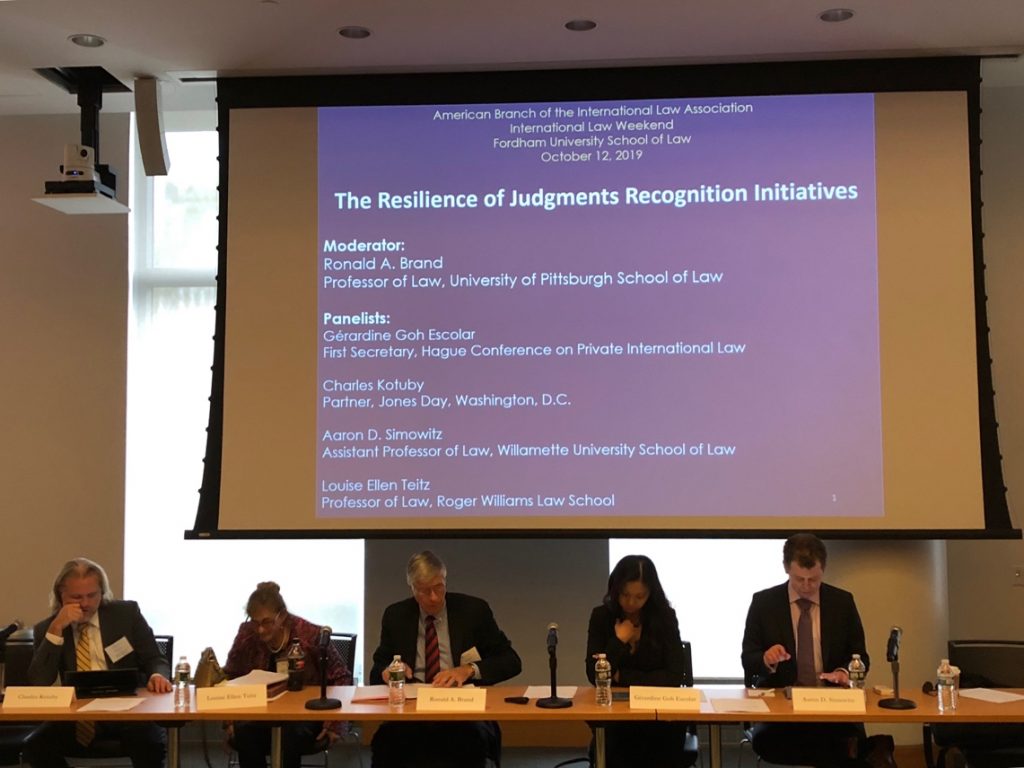
This convention responds to practical problems and challenges that were the subject of the panel’s discussion. When asked what the current issues are for parties seeking either to bring a foreign judgment to the United States or to take a U.S. judgment abroad Charles Kotuby (Partner, Jones Day) expressed that the tough questions concern where assets are located and the determination of the value of the judgment since every country has its unique enforcement proceeding.
Following this reflection, it was expressed that because U.S. litigations are expensive, it is common for U.S. companies to sue abroad and bring the judgment back in the U.S. for enforcement (such was the situation in the Chevron case). However, this process has the downside and risk of bringing a judgment from somewhere with different standards regarding notice, appearance, impartial judiciaries, or fraud. In this respect, the Judgments Convention will be an excellent resource for stability, security, and uniformity.
When asked what are the major issues today on a global basis, Gérardine Goh Escolar (First Secretary, Hague Conference on Private International Law) expressed that in today’s modern world, due to the increase of people, trade, and circulation, tensions are growing because our reality is dealing with borders of an old system. With the observation that five billion people do not have access to justice, it was underlined that this access passes by the recognition of judgments. Indeed, what is essential is not only to have a judgment, but to have an enforceable judgment. According to Sustainable Development Goal 16 of the United Nations, the rules of law are supposed to create a building block of stabilization of societies for peace and prosperity. Hence, it will be more comfortable and more secure to do business abroad with the protection of the Judgments Convention. Indeed, the two HCCH conventions mentioned above allow the creation of a more accessible, broader, and more secure service industry.
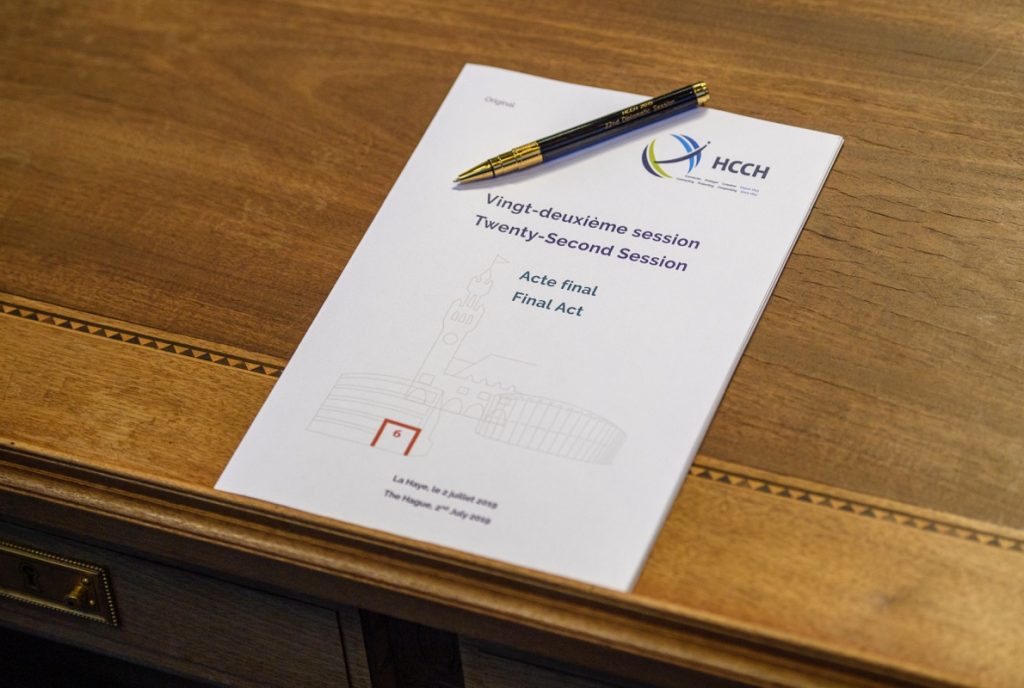
On the topic of the significant issues lawyer should be aware of in dealing with the law of judgments recognition, Louise Ellen Teitz (Professor of Law, Roger Williams Law School; ABILA Board Member) underlined that it was to know where assets are. The problem, from the U.S. perspective, was to export judgments – not to import them – because it was much harder to get jurisdiction over foreign defendants. Another issue finds its roots in the organization of a federal system regarding the issue of reciprocity. Indeed, several U.S. states require a reciprocity ground for recognition and enforcement of judgments. Aaron D. Simowitz (Assistant Professor of Law, Willamette University School of Law) pointed out that the main issue has to do with litigation, because a majority of U.S. states require an asset in the forum or personal jurisdiction to bring a judgment in the United States. Linked to this, the complexity was also the decline in the power of discovery to find the asset. Professor Brand pointed out that some countries were against the U.S. jurisdictional grounds and its hegemonic aspect; in this respect, the Judgment Convention is seen as the end-game.
Following these observations, it was established that the convention will be a game-changer; the question is only when.

